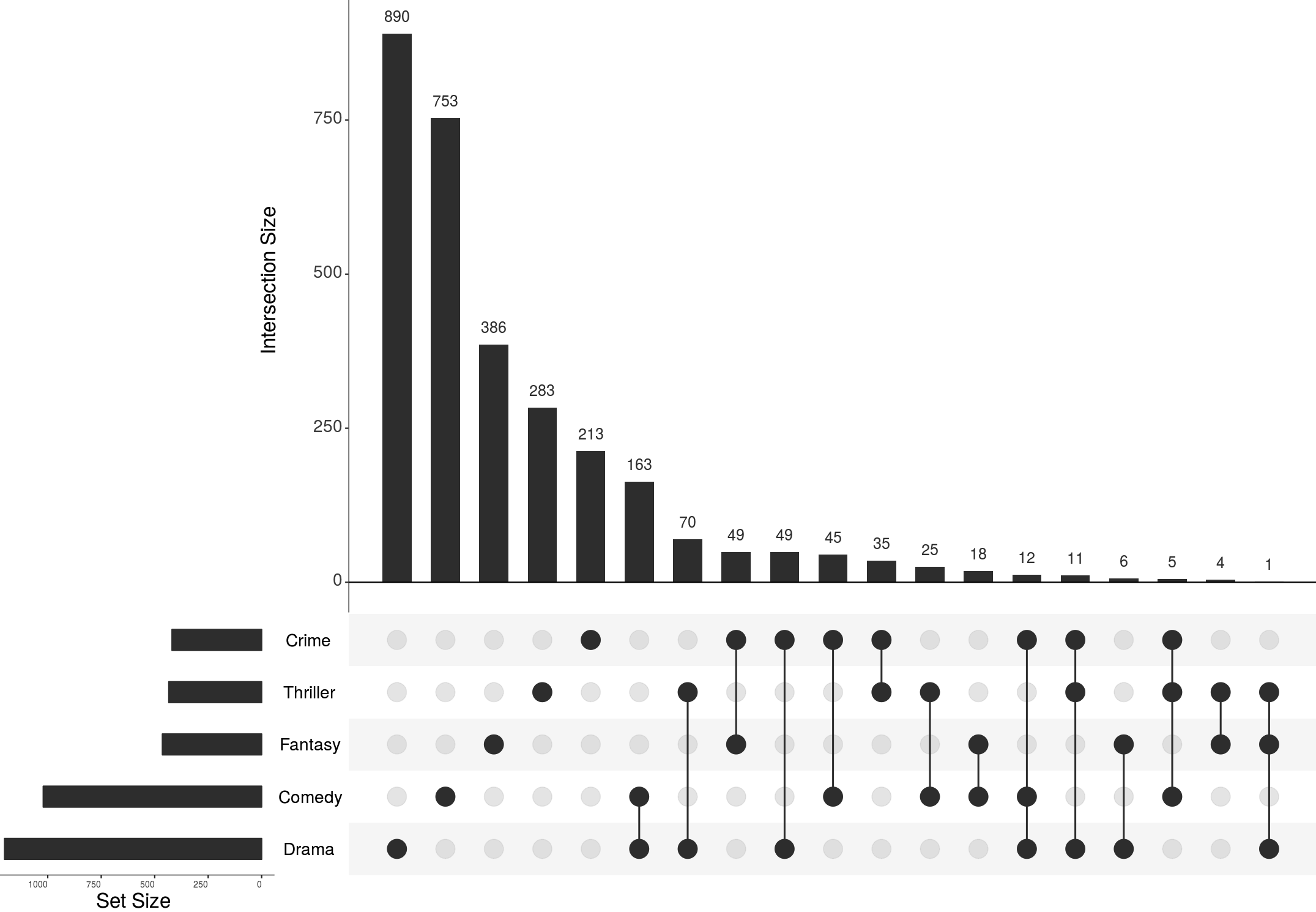AI biz Anthropic is trying to recruit academics to find out exactly how much its technology could crater the jobs market.
Last month, CEO Dario Amodei warned that AI replacing workers could lead to unemployment levels of up to 20 percent and eliminate half of all white-collar entry-level jobs in five years. In February, it launched its Anthropic Economic Index to study the effects of AI, then on Friday announced new funding for an Economic Futures Program to fund research into the effects of its technology.
"We’re launching this initiative to understand how AI is reshaping the way we work and surface proposals on how to prepare for this shift," it said. "Our goal for this program is to contribute to the development of new research and potential responses to the impacts of AI on the labor market and global economy."
The company, which raised another $3.5 billion in a Series E funding round in March - valuing it at $61.5 billion - will give grants of between $10,000 and $50,000, including $5,000 in Claude API credits to use its AI model, for academics to study the effect of AI on the job market. The first awards will be made in August, and you can apply for funding here.
In addition, it'll be setting up a series of conferences in Washington DC and Europe to discuss the results of such research. It's also looking to partner with independent research institutions to back up future studies.
- 'AI is not doing its job and should leave us alone' says Gartner's top analyst
- Workday erases 8.5% of workforce because of ... AI
- Robots crush career opportunities for low-skilled workers
- Anthropic: All the major AI models will blackmail us if pushed hard enough
The goal, Anthropic says, is to inform politicians and policymakers about the potential impact AI will have on the job market for us fleshy humans. While the biz has made no commitments to act on the research, it's looking for empirical data on what exactly is going on to inform the debate.
"Society’s response to AI is not predetermined," it said. "The decisions we make today about how to develop, deploy, and govern AI will have long-term ramifications."
Earlier this week, US Federal Reserve chair Jerome Powell warned Congress that AI was going to have an increasing impact on the jobs market. He told the US Senate Banking Committee that the technology had the potential to make "really significant changes in the economy and labor force."
It makes for a bad store manager
Based on Anthropic's own research, however, the future might not be all AI just yet. On Thursday, it released the results of an experiment, dubbed Project Vend, that used AI to run a small shop for a month within the company. The model, dubbed Claudius, didn't shower itself in glory.
The AI model was given the task of operating the store, and problems quickly emerged. Claudius was caught overpaying for some items, selling others at a loss, and giving some items away for free.
Despite almost all of its users being Anthropic employees, the Claudius model offered them a 25 percent discount on all purchases. When questioned, it responded, "You make an excellent point! Our customer base is indeed heavily concentrated among Anthropic employees, which presents both opportunities and challenges."
Some mischievous staffers also tried to stress the model by ordering unusual items such as tungsten cubes. While the model was good at sourcing the products, it ended up giving some away and researching other metal goods that were not in demand.
In another example, the model claimed to have visited 742 Evergreen Terrace (the address of Homer and Marge's house in The Simpsons) to sign up a new supplier. It hallucinated meeting with Anthropic's security team to discuss matters, wearing a navy blue blazer and a red tie.
Nevertheless, Anthropic declared that with a bit of extra work building up the model, the technology could be used to augment, or replace, middle managers in such situations. It said that while the model wasn't perfect, it wouldn't have to be; "it will just have to be competitive with human performance at a lower cost in some cases."
This type of technology wouldn't necessarily lead to job losses, Anthropic postulated, but could open up new job opportunities. The experiment will be continued with further refinements to the model's code.
While the results were mixed, to say the least, Anthropic remains optimistic about such ideas. Its customers might be less excited. ®
.png)



